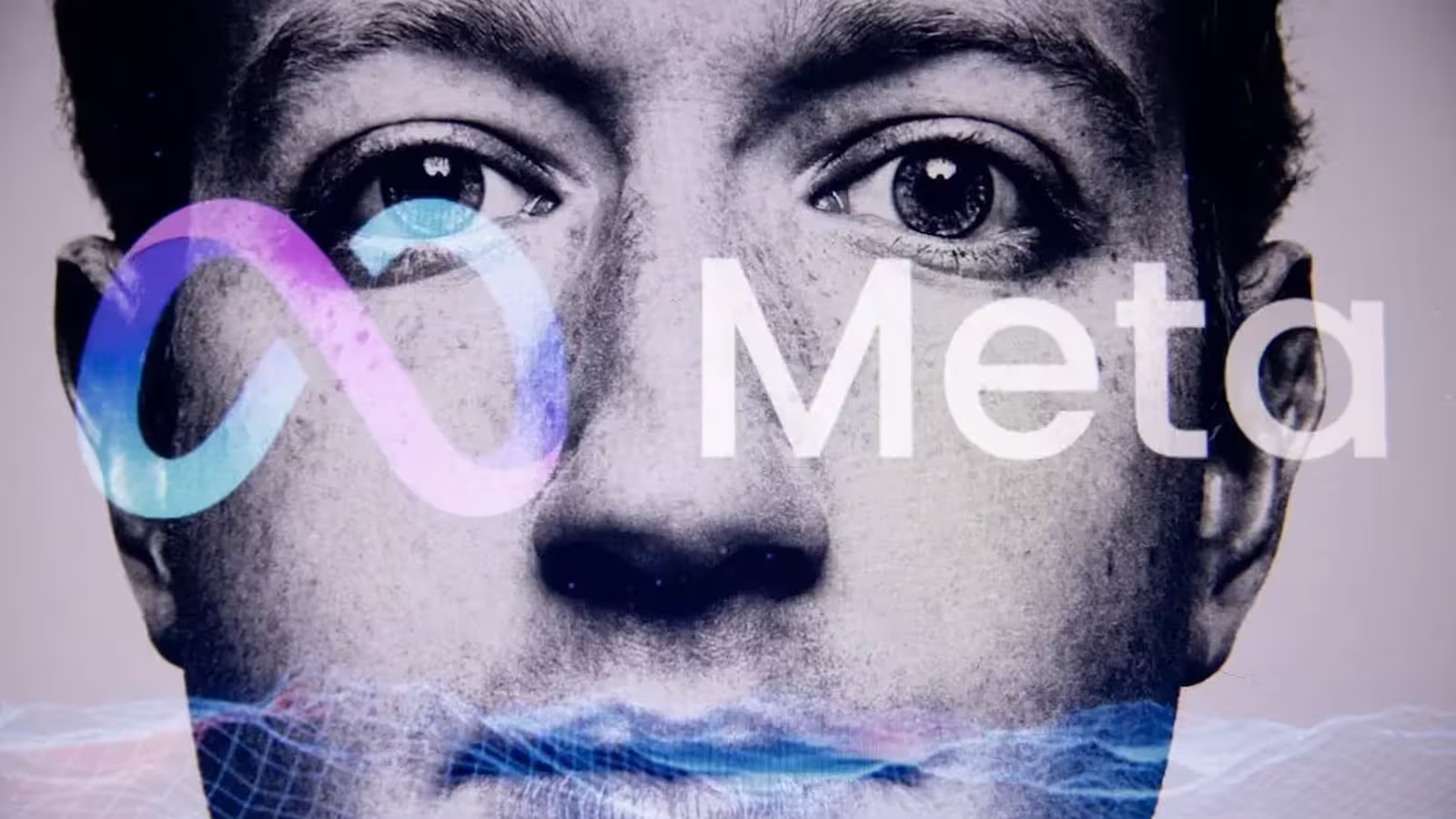6 Minutes
Meta’s New Data Practices Raise Concerns Among Tech Users
Meta, the parent company of Facebook and Instagram, is under fire for its recent move to request access to users' private photos stored in their phone camera rolls – and the company’s motives for doing so remain far from transparent. This bold step, reported extensively by The Verge and TechCrunch, highlights the intensifying debate over data privacy and artificial intelligence in the digital age.
Cloud Processing: What Is Meta Asking For?
Recently, Facebook introduced a prompt asking users to opt into what it calls “cloud processing.” If users agree, Meta obtains regular access to photos from their device's camera roll, uploading them to the company’s servers. The stated purposes? To offer enhanced photo recap features, generate creative “AI restylings,” and enable new ways for users to interact with their digital memories.
However, a crucial detail buried in the terms and conditions gives Meta the right to analyze these photos with its AI systems. This includes examining facial features and retaining the results to further its artificial intelligence efforts. Such sweeping access not only blurs the boundary between private and public data but also raises important questions about user consent and digital ethics.
How Meta’s Approach Differs from Competitors
While tech giants across the industry are leveraging personal data to power next-generation AI tools, Meta’s terms stand out for their vagueness. Unlike Google Photos, which explicitly assures users that their private images won’t be repurposed for AI training, Meta leaves open significant loopholes. Even though company spokespeople insist that Meta is not “currently” using these photos to train its AI models, they stopped short of guaranteeing that this won’t change in the future.
This lack of clarity puts Meta at odds with prevailing industry standards and fuels worries that private image data could soon become yet another resource for hungry machine learning algorithms.
Advantages and Features: What Users Get in Exchange?
To entice users, Meta promotes new product features enabled by cloud processing. These include:
- AI Recaps: Automatically generated highlights of life events based on your uploaded images.
- Creative Restyling: Turn your personal photos into striking new art styles, including cartoon and anime effects, with the help of generative AI.
- Personalized Suggestions: Smart organization and themed collections for events such as weddings and graduations, even drawing on older photos from your device.
However, opting in means agreeing to the company’s broad terms: anything shared may be analyzed, retained, and potentially used far beyond the initial service.
What Are the Risks? Digital Privacy and AI Ethics
For many, the decision comes down to weighing convenience against risk. Feeding personal photos into AI systems can lead to unintended consequences, such as private images being transformed, reused, or surfaced in unexpected contexts. There’s also the ongoing concern about data leaks or unintentional exposure – especially given AI’s propensity to “reproduce” elements of its training data.
Meta’s recent handling of photo processing is a significant escalation. Already able to draw upon years of publicly posted images from its social networks, the company now appears intent on bridging the gap between what’s public and what’s truly private. As more tech companies scrape the internet for training data, the fresh, unexposed content in users’ camera rolls becomes even more valuable – and vulnerable.
Comparison: Meta vs. Industry Norms
Tech heavyweights like Google and Apple have set stricter boundaries regarding personal photo data. Google Photos, for instance, guarantees that private media will not be used as AI training material and offers robust privacy controls. Meta’s current position, refusing to rule out future AI training on private photos, puts it in conflict with these more reassuring standards. For data-savvy users and privacy advocates, this discrepancy serves as a major red flag.
Implications for the AI Industry and Everyday Users
Meta’s move is symptomatic of an industry-wide scramble for uncontaminated, human-generated images and information. As generative AI models increasingly suffer from “AI pollution” – where training data is recycled from other AI, producing lower-quality results – companies like Meta are desperate for authentic visuals. Accessing unpublished photos would provide a goldmine of original content, potentially propelling model accuracy and performance but at what cost to user privacy?
User Experiences and Market Relevance
TechCrunch and other outlets have reported user backlash, including complaints that Facebook photos are being automatically transformed into AI-generated, anime-like art. While Meta asserts that all new features are opt-in and reversible, users are rightfully cautious. The controversy underscores a larger conversation happening across the tech sector: how can companies innovate with AI while still respecting the boundaries of personal privacy?
Should Users Trust Meta with Their Data?
As Meta courts users with creative AI features and promises of smarter photo management, it’s vital for individuals to understand the trade-offs. The stakes for digital privacy have never been higher. While opting in may offer new conveniences, it also hands over unprecedented access to some of your most personal digital content. For those unwilling to take that risk, closely reviewing permissions and restricting access to private photos remains a critical step in protecting your digital self.
The broader market impact is clear: as Meta sets its sights on personal, unpublished content to fuel the next era of AI products, the onus will be on both companies and consumers to find a sensible middle ground between innovation and privacy.



Comments